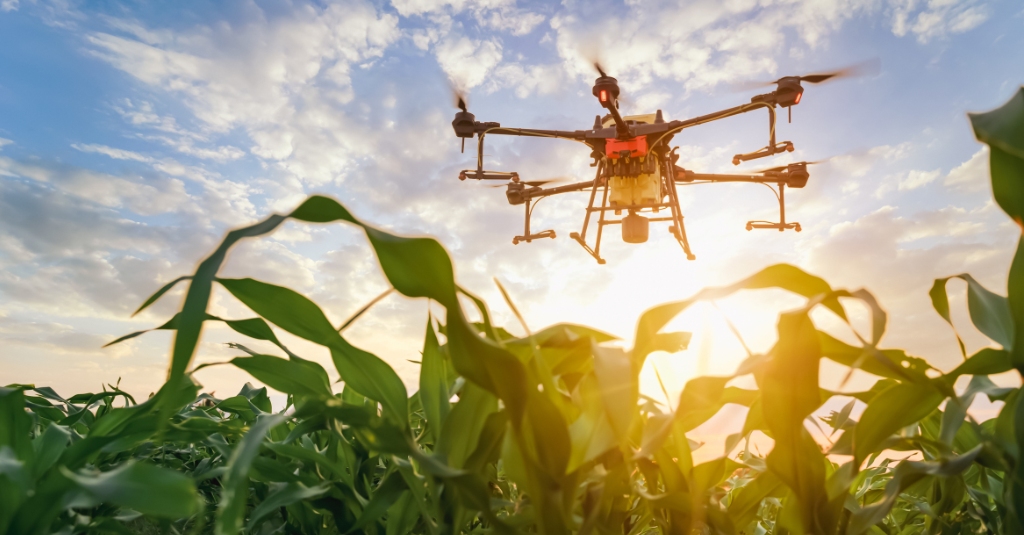Qatar Strengthens Food Security Through Poultry Industry and Strategic Investments: Expert Study
Doha, Qatar – A new academic study conducted by Dr. Houari Benoaie and Dr. Khatima Louati from Belhadj Bouchaib University in Ain Temouchent, Algeria, offers an in-depth analysis of Qatar’s food security strategy. Presented at the international conference “Requirements for Achieving Food Security in the Arab World” at Ibn Khaldoun University, the research highlights how Qatar has emerged as a leader in food security across the Arab world.
Qatar’s Comprehensive Approach to Food Security
According to the study, Qatar has successfully positioned itself among the top 20 countries globally in food security rankings. The researchers attribute this achievement to a series of strategic initiatives, including:
- The launch of a national food security program in 2008 as a response to the global food crisis.
- The development of the Qatar National Food Security Strategy (2018-2023) to counter economic blockades and supply chain disruptions.
- Heavy investment in sustainable agriculture, water management, and renewable energy to enhance domestic food production.
The Role of the Poultry Industry in Achieving Self-Sufficiency
Qatar’s poultry industry plays a vital role in the country’s self-sufficiency goals. The market is projected to grow significantly, reaching an estimated $448.27 million by 2033 from $408.53 million in 2024, driven by increased demand for high-quality, locally produced poultry products.
- Major local producers, including Qatar Meat Production Co., Freshmeat Factory, and Al Quisaimi Meat Co., have expanded operations to meet rising demand.
- Despite this growth, import dependence remains a challenge, with Brazil being a key poultry supplier due to Qatar’s limited local feed production.
- Government initiatives like the “Farm to Fork” program are being implemented to support local food production and reduce reliance on imports.
Hassad Food’s Strategic Investments in Poultry and Agriculture
As part of Qatar’s broader food security plan, Hassad Food, the agricultural investment arm of the Qatar Investment Authority (QIA), has played a crucial role in securing food sources both domestically and internationally.
• The company holds a significant stake in the Arab Qatari Company for Poultry Production (Al-Waha), which produces 16 million chickens and 120 million eggs annually.
• Investments in Aalaf Qatar, which operates large-scale animal feed farms, ensure a steady supply of feed for poultry and livestock, further stabilizing domestic production.
• Internationally, Hassad Food has invested $99 million in Oman’s A’Saffa Foods, one of the leading poultry producers in the GCC, and has stakes in poultry projects in Brazil, a major global exporter.
Expert Recommendations for Sustained Growth
Dr. Benoaie and Dr. Louati’s study suggests that while Qatar has made impressive strides in food security, continued efforts are needed to sustain its progress. Their recommendations include:
• Strengthening food quality control regulations to ensure safety and compliance with international standards.
• Enhancing waste reduction strategies to minimize food losses throughout the supply chain.
• Expanding technological innovations in agriculture and poultry farming to further boost productivity.
Conclusion: A Model for Arab Nations
The research underscores Qatar’s success as a model for Arab nations striving to enhance food security through policy innovation, strategic investments, and global partnerships. By combining government initiatives, private sector growth, and international investments, Qatar is steadily reducing its reliance on imports and securing a sustainable future for its food industry.


